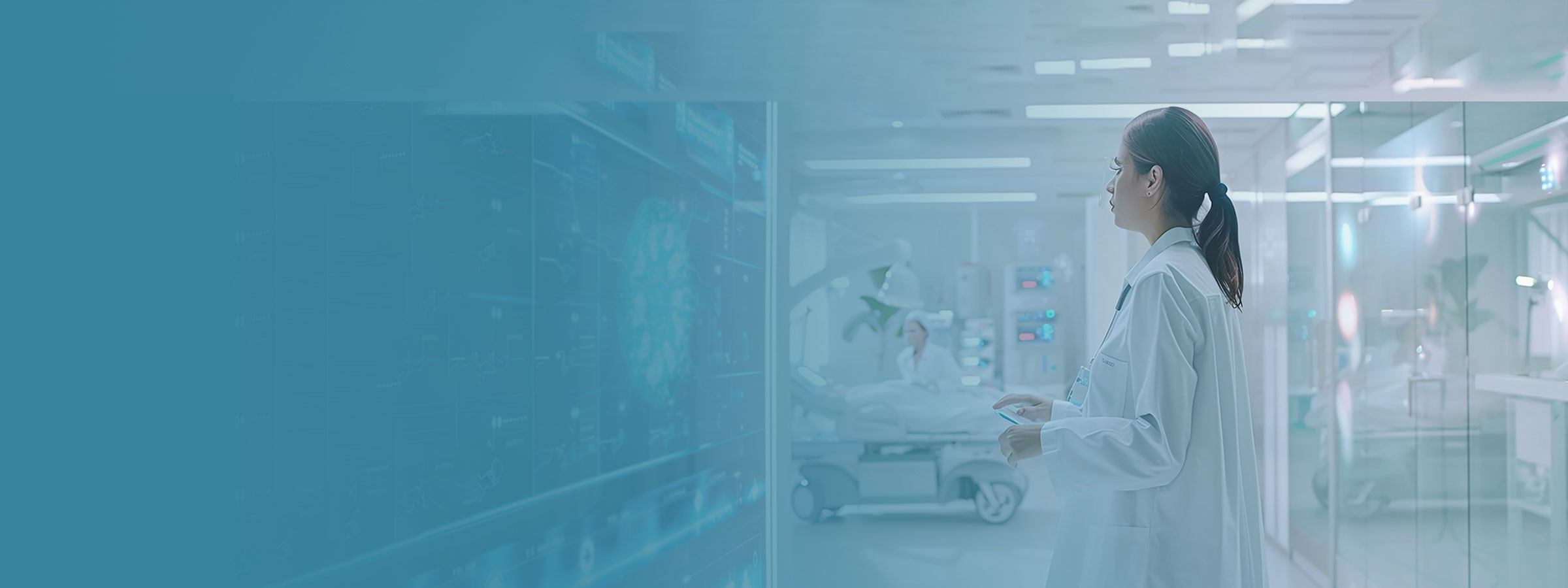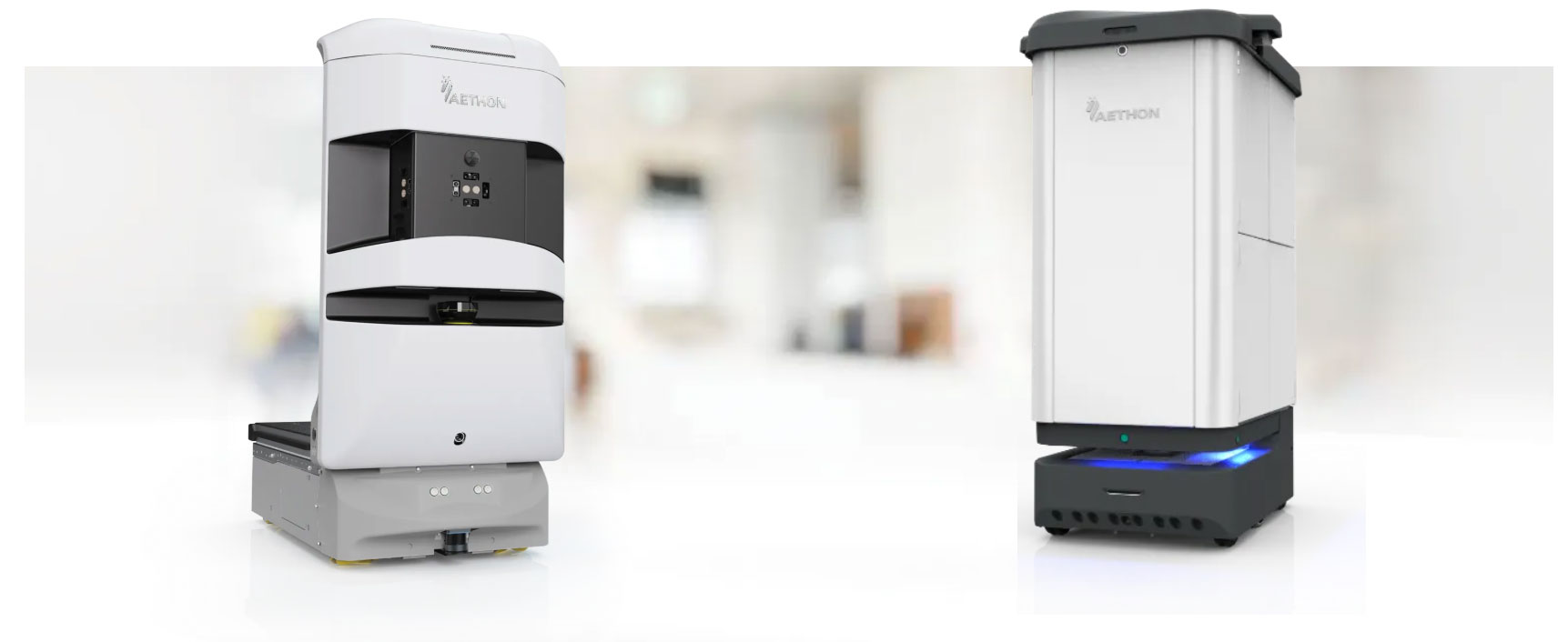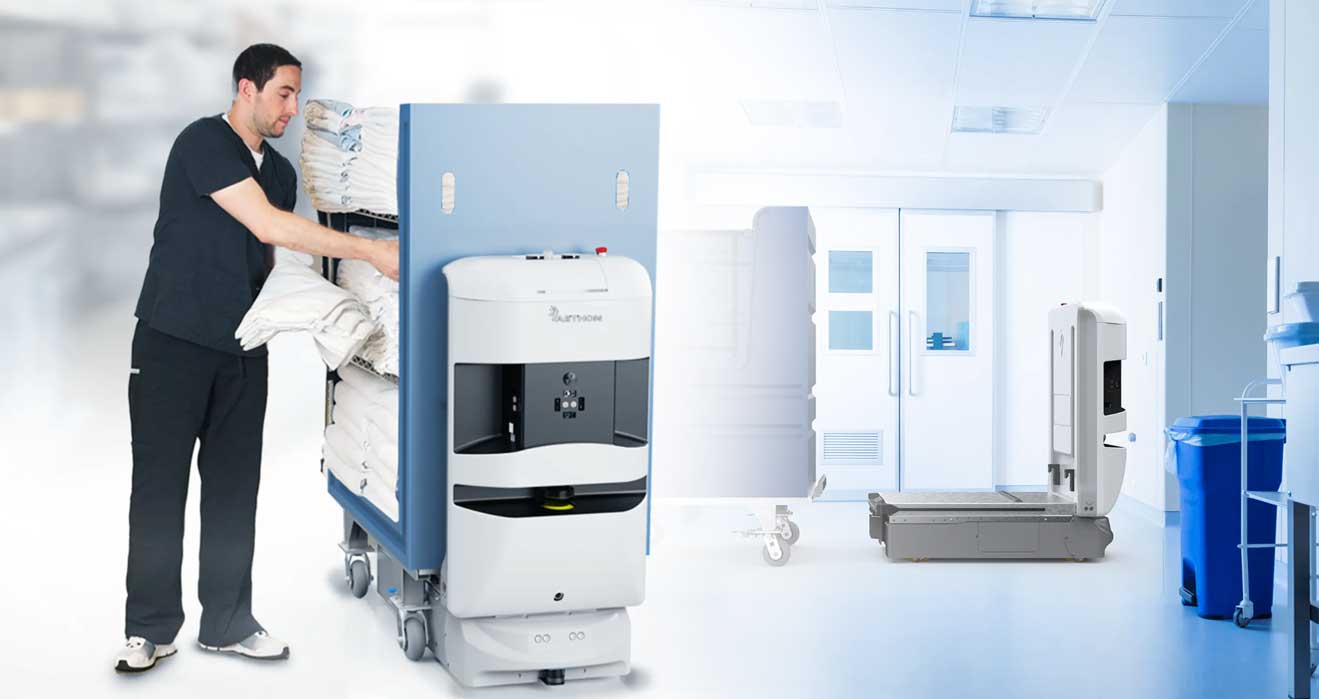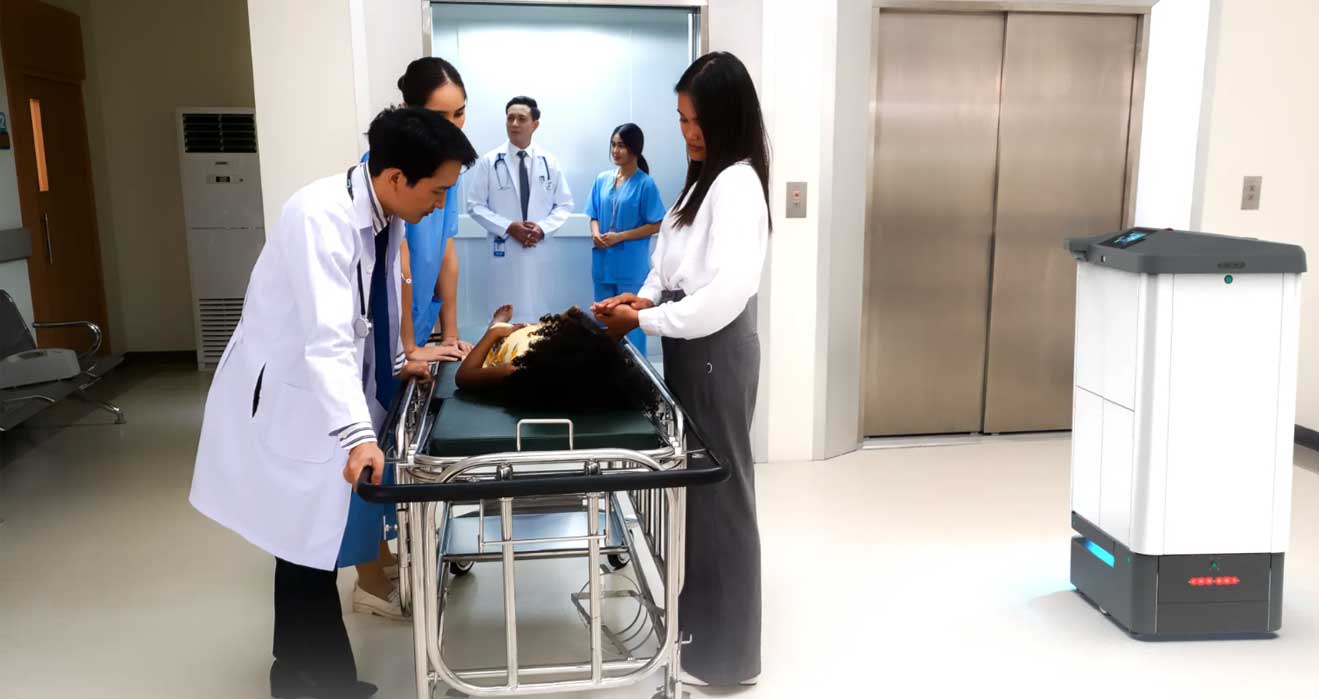
Hospitals today are stretched thin, juggling increased patient volumes and fewer staff, on top of rising costs. To keep pace, many are turning to technology to address the manpower crunch. One solution is the use of autonomous mobile robots (AMRs) to automate the delivery of medication, supplies, and meals, easing the burden on healthcare staff while tackling labour and operational challenges.
The World Health Organisation forecasts a shortage of more than 11 million health workers by 2030, amid rising healthcare costs and growing complexity in patient needs. In 2021 alone, global health spending reached US$9.8 trillion, accounting for 10.3% of global GDP.
This growing labour crunch is more than a resource problem, it’s reshaping daily care. With fewer hands on deck, clinical teams often juggle patient care with non-clinical tasks. One area that is ripe for innovation is hospital logistics. Nurses and hospital staff are regularly pulled from clinical duties to handle essential, but non-clinical tasks such as transporting supplies, delivering medication, specimens and meals, or even hauling waste. These tasks, while necessary, contribute to fatigue, reduce job satisfaction, and take valuable time away from patient care, ultimately affecting the quality of service delivered.
Hospitals therefore have to rethink the delivery of care, through smarter tools to ease workloads and improve efficiency to deliver better outcomes for patients and staff.
Autonomous mobile robots (AMRs) have emerged as tireless teammates, streamlining hospital operations, easing physical strain, and maintaining safe and prompt delivery of essential supplies in fast-paced healthcare environments. And many hospitals are seeing positive impact from these purpose-built machines that perform routine tasks so healthcare teams can focus on the patients who need them most.

Among these solutions, ST Engineering Aethon’s (“Aethon”) AMRs are already making a difference, delivering supplies, hauling linens, navigating lifts and easing the workload for staff in hospitals. With over 20 years of experience in AMR innovation, Aethon has designed and engineered a fleet of hospital-ready robots that are built specifically to meet the demands of the healthcare sector. Its latest models, T3 and Zena RX, are designed to handle the essential, but often overlooked logistics that keep hospitals running smoothly and efficiently.
Whether it’s T3 hauling heavy carts between departments, or Zena RXTM making secure deliveries to the lab or surgical wing, these robots take on the jobs that wear people down, performing them accurately and helping to ensure smoother day-to-day operations.
The T3 is designed to take on physically demanding material delivery tasks that are common in hospital environments. Capable of carrying up to 450kg of linens, meals, equipment or waste, it navigates tight corners, lifts and busy corridors with ease.

Through advanced 3D sensors and side-mounted LiDAR (Light Detection and Ranging), T3 uses AI-based navigation to operate smoothly in dynamic environments. It detects obstacles, communicates with building systems and complete assigned tasks reliably, even in complex hospital environments. It is wirelessly integrated with lifts from a wide range of manufacturers, allowing it to move autonomously and easily between floors. Its four-wheel omnidirectional drive allows it to turn in place and move sideways, allowing smooth navigation through congested hospital corridors without disrupting human traffic.
With a long 12-hour battery life and self-charging capability, T3 remains operational throughout the day. It is also highly versatile – a single robot can deliver linens at night, collect waste in the morning, and shuttle supplies during the day, all without the need for reprogramming.
While T3 delivers heavy-duty transport, Zena RX is designed to meet the specialised demands of high-value, high-security clinical deliveries. From medications and lab specimens to surgical tools, Zena RX ensures that each delivery is completed with the security and accuracy expected in critical hospital workflows.

Zena RX’s sleek and secure cabinet contains four independently lockable compartments that are accessible by biometric scan or secure PIN code. It can carry up to 16 baskets in one trip and can be configured to meet the needs of different departments or payloads. Additionally, each delivery is tracked - Zena RX provides a record of personnel who accessed the cabinet to retrieve its contents and when. This traceability supports patient safety, strengthens compliance and improves operational confidence.
Like T3, Zena RX can intelligently navigate complex spaces and integrate seamlessly with hospital systems to ‘call’ lifts, open doors and move between floors – all without staff intervention. It ensures secure, efficient and reliable deliveries, enabling healthcare staff to devote more time for patient care.
From routine logistics to high-priority delivery runs, Aethon’s AMRs are fast becoming indispensable partners in healthcare operations.
Across its customer base, Aethon robots have completed millions of deliveries and cover hundreds of thousands of kilometres each year, demonstrating their reliability, scalability, and value in real-world healthcare environments.
ST Engineering Aethon’s impact goes beyond hospitals. Its robots can also serve hotels, resorts, and convention centres by delivering necessities to guests and assisting housekeeping staff with luggage delivery and room service. Designed to serve with precision, they boost productivity and enhance service quality.
In environments where manpower is a precious resource, reliable technology that supports humans can make all the difference. Robots like T3 and Zena RX relieve staff of laborious and routine work, freeing up valuable time and energy so they can focus on what truly matters.
Copyright © 2026 ST Engineering
By subscribing to the mailing list, you confirm that you have read and agree with the Terms of Use and Personal Data Policy.